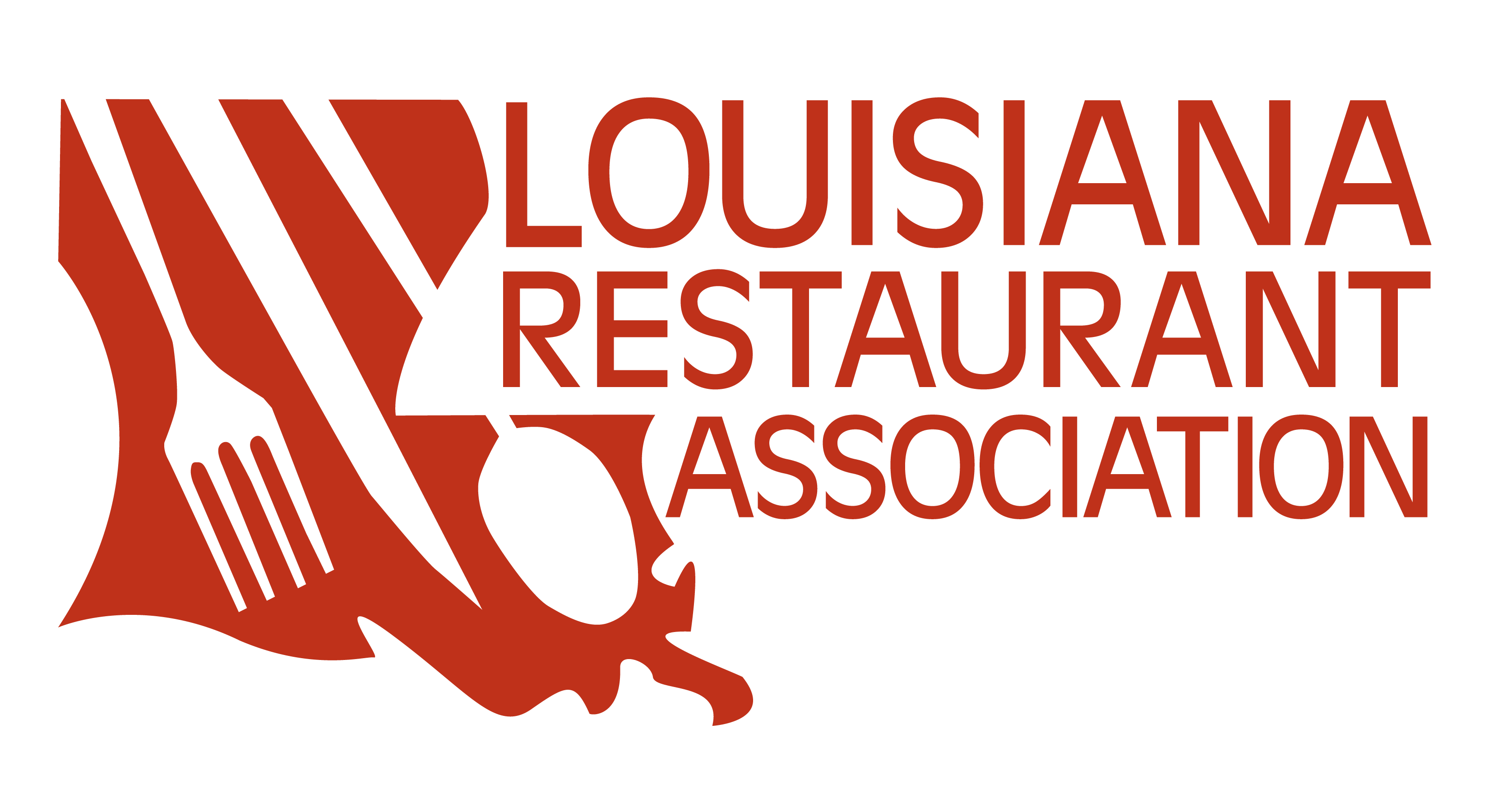Latest News
Get Smart About Foodborne Illness with ServSafe
Sep 5, 2024
Each year in September for National Food Safety Month, we dive into a new food safety topic, and this year we’re focusing on understanding, managing, and preventing foodborne illness outbreaks. According to the CDC, more than half of all U.S. foodborne outbreaks are associated with restaurants and other foodservice institutions. National food and health agencies have identified key restaurant practices that affect the transmission of pathogens known to cause foodborne illness outbreaks. It is the responsibility of every foodservice employee − from upper management to hourly staff and everyone in between − to ensure safe dining experiences by understanding the causes of foodborne illnesses and how to prevent outbreaks.
Over the next month, we will share expert insights on the science of foodborne illness, tips for preventing an outbreak, key strategies for crafting an outbreak response plan and more.
Effects of Foodborne Illness Outbreaks
While the specific illness and severity may vary, the effects of foodborne illnesses are felt by millions. More than 48 million people in the U.S. get sick from foodborne diseases each year, leading to 128,000 hospitalizations and nearly 3,000 deaths.
According to the FDA, when two or more people get the same illness from the same contaminated food or drink, the event is classified as a foodborne illness outbreak. As stated, most of these foodborne illness outbreaks occur in retail food establishments including restaurants.
Foodborne outbreaks not only pose a serious threat to public health, but restaurants found responsible for causing outbreaks can face damage to their reputation, legal liability and major financial consequences.
One study estimates that the cost of a single foodborne illness outbreak ranges from $3968 to $1.9 million for a quick service restaurant, $6330 to $2.1 million for a fast-casual restaurant, $8030 to $2.2 million for a casual-dining restaurant, and $8273 to $2.6 million for a fine-dining restaurant.
Why Are Foodborne Illnesses Still a Huge Issue in the Restaurant Industry?
Food contamination in restaurants can stem from various factors, but most cases of foodborne illness are caused by poor food handling practices.
Having strong food handler training and management policies in place is a critical step toward preventing foodborne illness outbreaks. These policies and training programs are part of what we call a food safety culture. But to achieve a true culture of food safety, it’s important for employees to understand how food becomes unsafe and their role in preventing foodborne illness.
In the coming weeks, ServSafe will be releasing new content aimed at breaking down the science of foodborne illnesses to help foodservice managers and their staff manage and prevent outbreaks.
What to Expect in National Food Safety Month 2024
WEEK 1
The Most Common Foodborne Illnesses
In week one, you’ll learn about foodborne pathogens, how these pathogens spread, and how ingesting contaminated food can lead to foodborne illness. We’ll also cover the most common foodborne illnesses in our eBook, The Science of Foodborne Illnesses and Outbreaks: The Most Common Foodborne Illnesses.
WEEK 2
What Happens When Foodborne Illnesses Become Outbreaks
In week two, we’ll explore foodborne illness outbreaks by highlighting real-life outbreak scenarios and take you deeper into the science of outbreaks in our eBook, What Happens When Foodborne Illness Become Outbreaks - Behind the Scene of Managing an Outbreak.
WEEK 3
Shielding Your Restaurant From Foodborne Illness
Week 3 will be focused on preventing foodborne illness outbreaks with essential prevention strategies and tips from food safety experts. You’ll be able to establish positive food handler practices in your operation with our downloadable poster The 3 Legged Approach to Prevent Foodborne Illnesses.
WEEK 4
Responding to Foodborne Illness Outbreaks
Our focus for week four will be on responding to foodborne illness outbreaks. You’ll hear from a public food safety official about the investigation process, closing operations, and how to move forward after an outbreak event. We will also provide you with an Always Ready guide for responsibly responding to outbreak events.
WEEK 5
Building a Strong Culture of Food Safety
We’ll close out National Food Safety Month by providing you with the tools you need to build a strong culture of food safety in your restaurant. This includes an eBook on the Culture of Food Safety, and more resources for making your operation a model for food safety.
